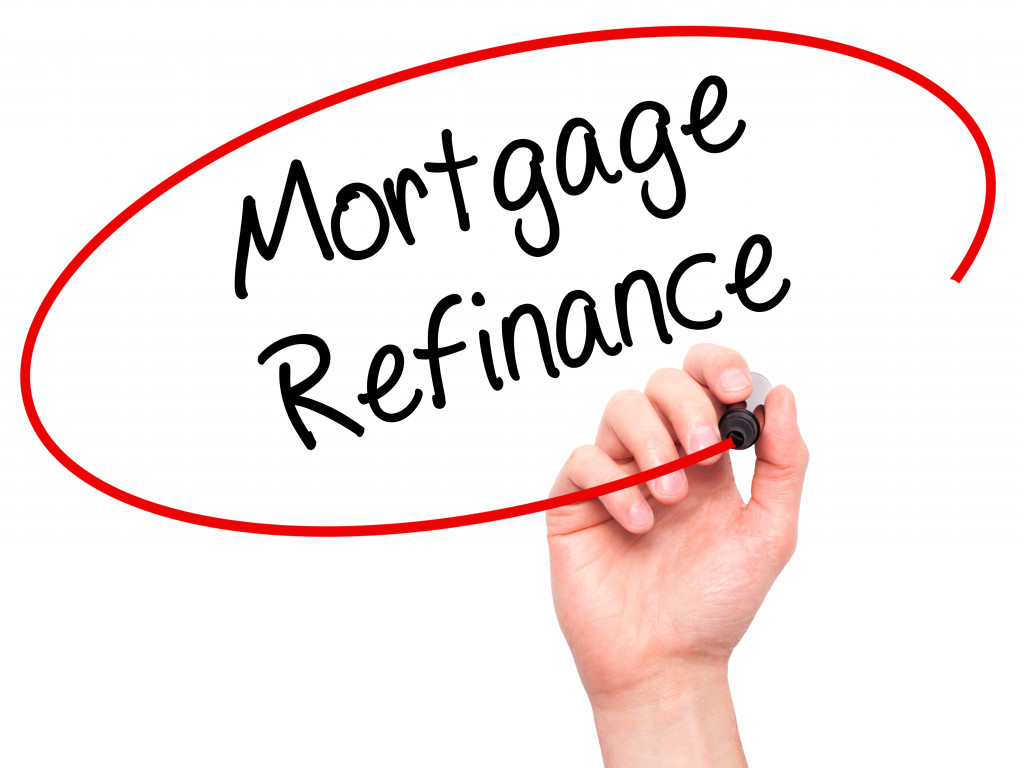When it comes to business land, there are two options for getting land to start your workplace: owning it or leasing it. With leasing, you might have to pay lower than the other counterpart, but owning your own business land has a few key benefits that set this option apart from leasing. Let’s take a closer look at some of the most important ones.
You Get More Control
When you own the business land your company is based on, you have complete control over what happens on that property. You can think of owning a house and land. When you own the land and the home over it, you get complete freedom to change both the land’s structure and the house’s interior. Hence, owning the land provides a crucial advantage. Similarly, you can make changes to the layout of buildings as you see fit and don’t need to go through a third party or get permission from anyone. If you want to expand your operation, you can do so without worrying about whether your lease will be renewed. This gives you the peace of mind of knowing that your business has a secure base that it can always rely on.
In contrast, if you lease your business land, you are at the mercy of your landlord and could be asked to leave at any time if they decide not to renew your lease. This could disrupt your business and cause considerable financial losses. Therefore, owning your business land is a much more secure option that gives you complete control over your company’s future.
You’re Investing in Your Business
When you buy commercial land, you’re investing in your business. Land is an asset that appreciates over time and can be used as collateral for loans. It also gives your business the stability of a permanent location and can be customized to suit your specific needs. In contrast, leasing commercial land means that you’re essentially paying rent for someone else’s property.
While leasing may be less expensive in the short term, it’s essential to consider the long-term implications of not owning your own business land. By investing in commercial land, you’re ensuring the future success of your business.
You Have More Options for Financing
When you lease business land, you might feel like you have fewer financing options than owning the land outright. This is because leasing gives the landlord more control over what happens on the property and how it can be used as collateral for loans. However, plenty of financing options are still available for businesses that lease their land. For example, many banks and credit unions offer lines of credit that can be used for various purposes, including real estate leasing.

In addition, the Small Business Administration (SBA) offers several loan programs that can be used to finance the purchase or lease of business property. So, while owning your business land does provide some advantages when it comes to financing, leasing is still a viable option.
You’re Building Equity
As a business owner, it’s essential to think about the long-term implications of your decisions. For example, if you’re considering whether to lease or purchase commercial land for your business, it’s important to understand the financial implications of each option. You’re essentially paying the mortgage for someone else’s property when you lease land. While this can be a convenient and flexible option in the short term, it’s important to remember that you’re not building any equity in the property. Over time, this can cost you more money than if you had purchased the land outright.
On the other hand, when you own your business land, you’re building equity in an asset that will appreciate over time. In addition, owning your land gives you more control over its use and how your business operates. As a result, it’s generally a wise decision to purchase commercial land for your business rather than lease it.
Drawbacks of Leasing a Land
Leasing land can be an excellent option for avoiding the hassles and expenses of owning property. However, there are a few potential drawbacks to consider before signing a lease. First, leasing land generally doesn’t provide the same level of security as owning property. If the landowner decides to sell the property or otherwise terminate the lease, you could be left with nowhere to go.
Additionally, leases often have strict restrictions on how the property can be used, limiting your options for developing the land. Finally, leased land typically doesn’t appreciate over time as owned property does, so you may not see any return on your investment if you decide to move on from the lease. Ultimately, leasing land can be an excellent solution for some people, but it’s essential to weigh the pros and cons before deciding.
These are just a few benefits of owning your business land instead of leasing it. When you own the property, you have more control, invest in your company, and build equity. These are all important factors to consider when making a decision about where to locate your business.
